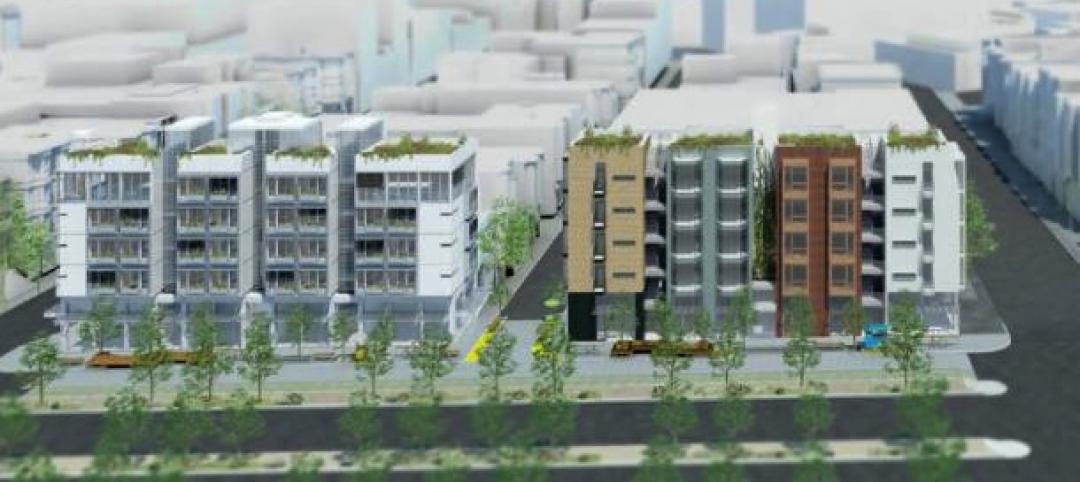Municipalities attempting to enact new laws to cut carbon emissions are being restrained in some cases by existing laws that favor fossil fuels.
For example, the town of Brookline, Mass., enacted at ban on natural gas and oil heating systems and cooking appliances using fossil fuels in new buildings. But, the state’s attorney general overturned the law, citing the town’s lack of authority to create their own building permitting rules or to control the piping installed in buildings.
Though the attorney general supports the town’s carbon-cutting goal, she said that municipalities cannot legally override the state’s Department of Public Utilities on this issue. Environmental advocates say regulations and laws such as the one cited in the Bay State will have to be revisited to advance carbon-emission reduction policies.
New York State has a policy that guarantees access to natural gas service to all residents in areas where it is available. California’s Natural Gas Act requires the state’s energy planning agency to issue a report every four years that identifies strategies to maximize the benefits of natural gas. These laws may make it more difficult to fully electrify new buildings.
Related Stories
| Sep 18, 2014
Master Painter Institute approves 55 new paint products
The Master Painter Institute has issued approvals for 55 new paint products.
| Sep 18, 2014
OSHA announces new requirements for reporting deaths and severe injuries
The U.S. Department of Labor's Occupational Safety and Health Administration announced a final rule requiring employers to notify OSHA when an employee is killed on the job or suffers a work-related hospitalization, amputation, or loss of an eye.
| Sep 18, 2014
Eugene, Ore., passes ordinance to achieve steep energy consumption reductions
The Eugene, Ore., City Council recently passed an ordinance aimed at steeply reducing energy consumption and greenhouse gas emissions.
| Sep 10, 2014
Nine out of 10 New York City building plans fail energy code test
Earlier this year, New York City's Department of Buildings began auditing thousands of architectural plans for new and renovated office and residential buildings.
| Sep 10, 2014
AIA, CSI, and NIBS publish updated national CAD standard, includes new BIM module
The NCS helps architects, constructors and operators coordinate efforts by classifying electronic design data consistently and making information retrieval easier, the industry groups say.
| Sep 10, 2014
Perry named new director of OSHA’s Standards and Guidance Directorate
Bill Perry has been named new director of the OSHA’s Directorate of Standards and Guidance, effective Aug. 24, 2014.
| Sep 10, 2014
ASHRAE proposes verification for energy standard
The ASHRAE/IES energy standard would have multiple compliance options to ensure verification of delivered building envelope performance under a new proposal.
| Sep 2, 2014
Micro-apartment concept can’t get traction in Boston suburb
Micro-apartments are gaining acceptance in nearby Boston and in places such as San Francisco and New York, but Weymouth, Mass., officials and neighbors were not receptive to a proposal for tiny dwellings this summer.
| Sep 2, 2014
Montreal borough leader urges city to issue green roof guidelines
The mayor of Montreal's Saint-Laurent borough wants Quebec's housing authority to speed up its plan to publish construction guidelines for green roofs.
| Sep 2, 2014
Proposed federal rules would create more stringent healthcare facility safety rules
A key change is a requirement that buildings over 75 feet tall have sprinkler systems throughout the structure. Existing buildings would have 12 years to install them.










